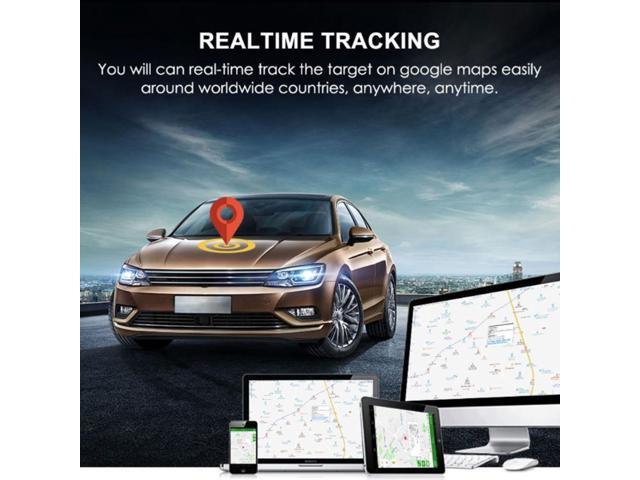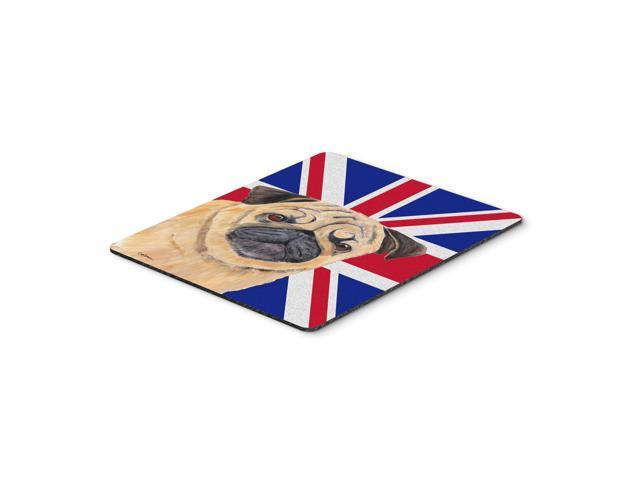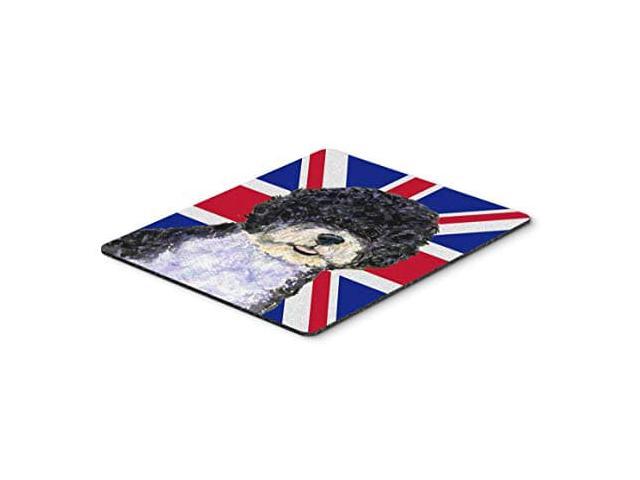Filling the need for a comprehensive book that covers both theory and application, Remote Sensing of Land Use and Land Cover: Principles and Applications provides a synopsis of how remote sensing can be used for land-cover characterization, mapping, and monitoring from the local to the global scale. With contributions by leading scientists from around the world, this well-structured volume offers an international perspective on the science, technologies, applications, and future needs of remote sensing of land cover and land use. After an overview of the key concepts and history of land-use and land-cover mapping, the book discusses the relationship between land cover and land use and addresses the land-cover classification system. It then presents state-of-the-art methods and techniques in data acquisition, preprocessing, image interpretation, and accuracy assessment for land-use and land-cover characterization and mapping. Case studies from around the world illustrate land-cover applications at global, continental, and national scales. These examples use multiple data sources and provide in-depth understanding of land cover and land-cover dynamics in multiple spatial, thematic, and temporal resolutions. Looking to the future, the book also identifies new frontiers in land-cover mapping and forecasting. The availability and accessibility of accurate and timely land-cover data sets play an important role in many global change studies, highlighting the need for better land-use and land-cover change information at multiple scales. A synthesis of current knowledge in remote sensing of land-use and land-cover science, this book promotes more effective use of Earth observation data and technology to assess, monitor, and manage land resources.















